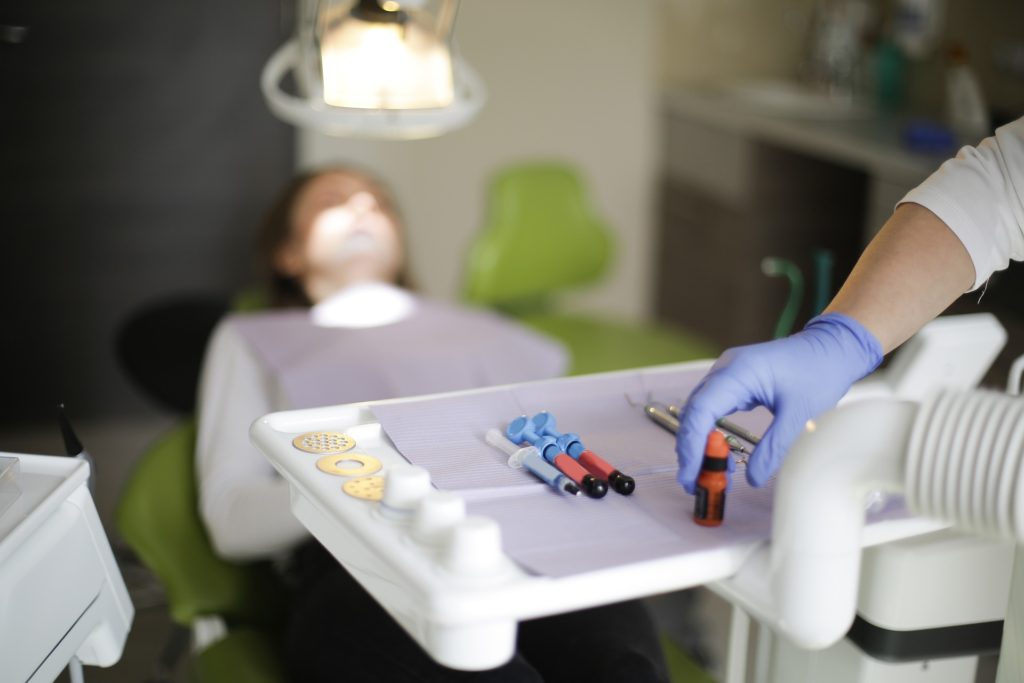If you’ve been avoiding going to the dentist because of anxiety or fear, you are not alone! Which is why so many people are turning to IV sedation. It is safe, effective and allows you or a loved one get the dental work needed in a very relaxed state. No more fear or anxiety, sound appealing?
How IV sedation for dentistry works
 IV sedation is administered intravenously through a vein in the back of the hand or crook of the elbow. The medication takes effect immediately because it is administered directly into the bloodstream. Considerably faster than any other type of sedation.
IV sedation is administered intravenously through a vein in the back of the hand or crook of the elbow. The medication takes effect immediately because it is administered directly into the bloodstream. Considerably faster than any other type of sedation.
While you won’t be completely unconscious, you will be completely relaxed. So much so, that you won’t even remember the sounds, smells, or sights going on around you.
After the procedure, most people don’t even remember anything about the appointment. You won’t even notice that any time went by.
Because of the deep level of relaxation during IV sedation, your vital signs will need to be carefully monitored by a properly trained third party. This includes your breathing and heart rate to ensure all safety precautions are taken.
Though you will have little memory of the visit, you will be able to communicate with the dentist throughout the procedure. For the highest level of safety, a CRNA will monitor all your vital signs and breathing.
The Benefits of IV Sedation for Your Next Dental Visit
Works Quickly
Instead of waiting for your mouth to get numb or oral sedatives to kick in, IV sedation begins to work immediately.
Several Procedures in One Visit
You can easily catch up on years of missed dental appointments in just one visit!
Gag Reflex is Diminished
Those with a sensitive gag reflex know it is almost impossible to make it through a dental appointment. IV sedation suppresses that reflex.
Quicker Recovery Time
Typically, patients have a shorter and easier recovery time with IV sedation, compared to general anesthesia or oral sedation.
IV sedation has become a game changer for many children and adults who would have not received the dental care they needed.


